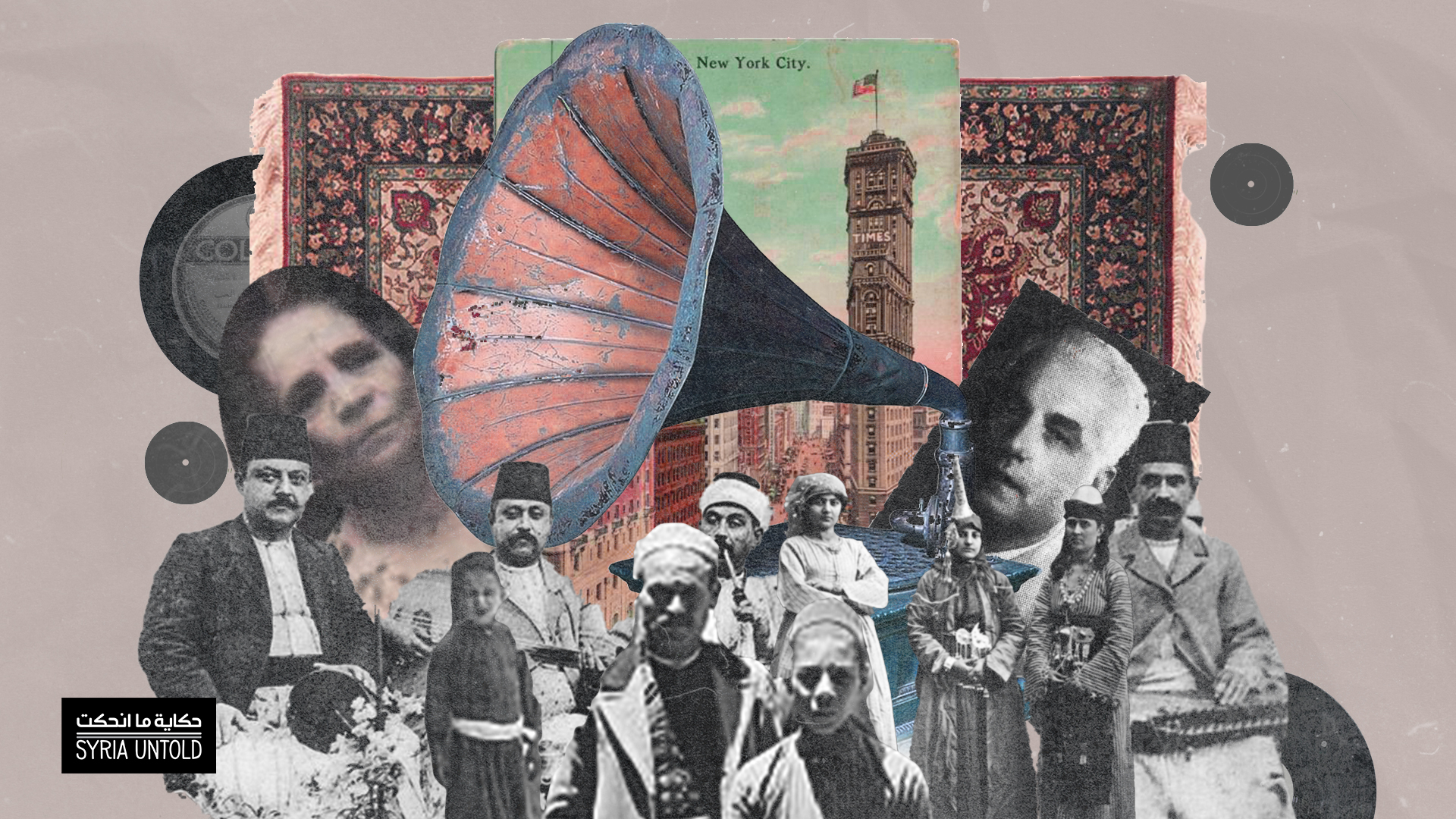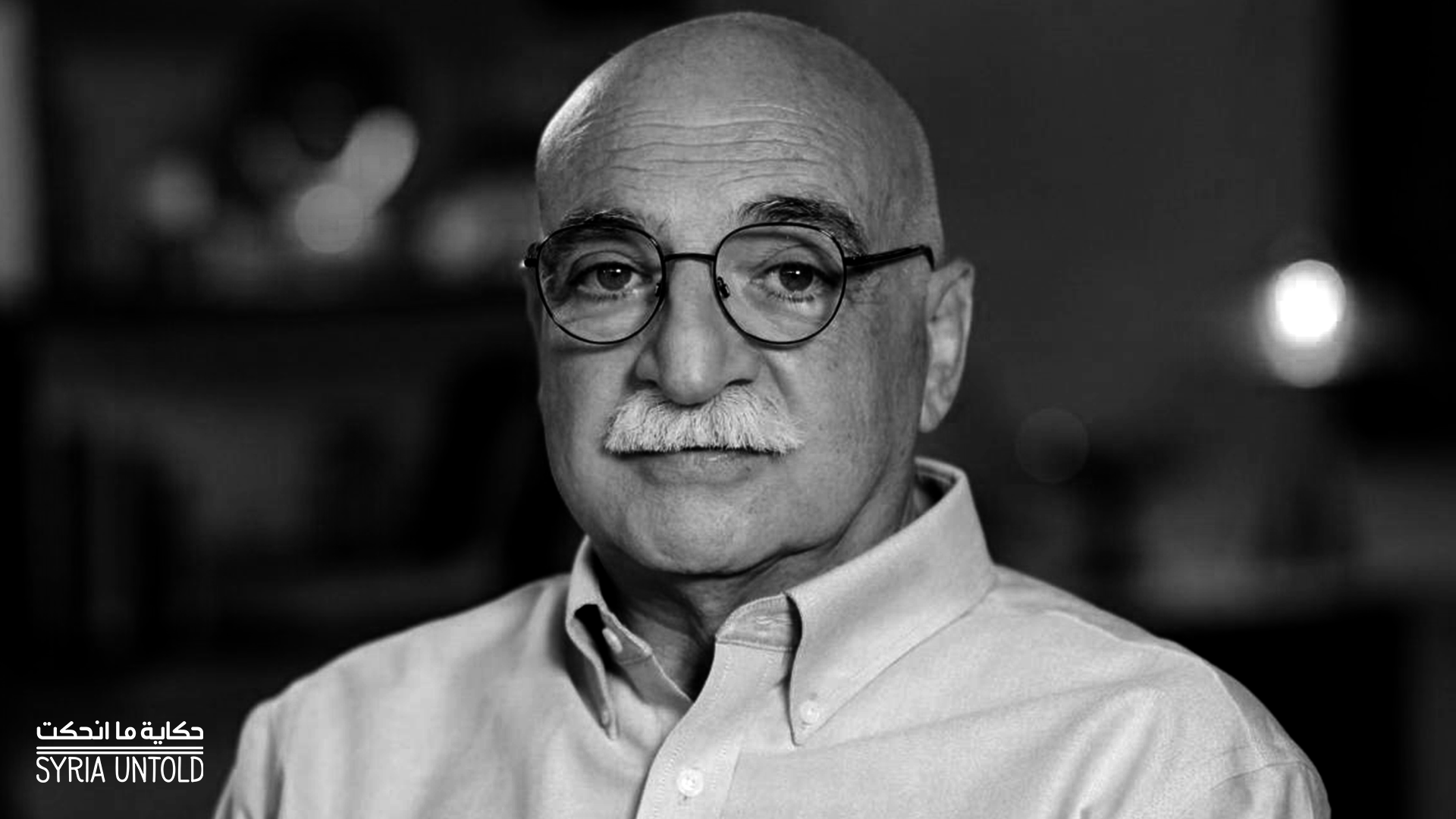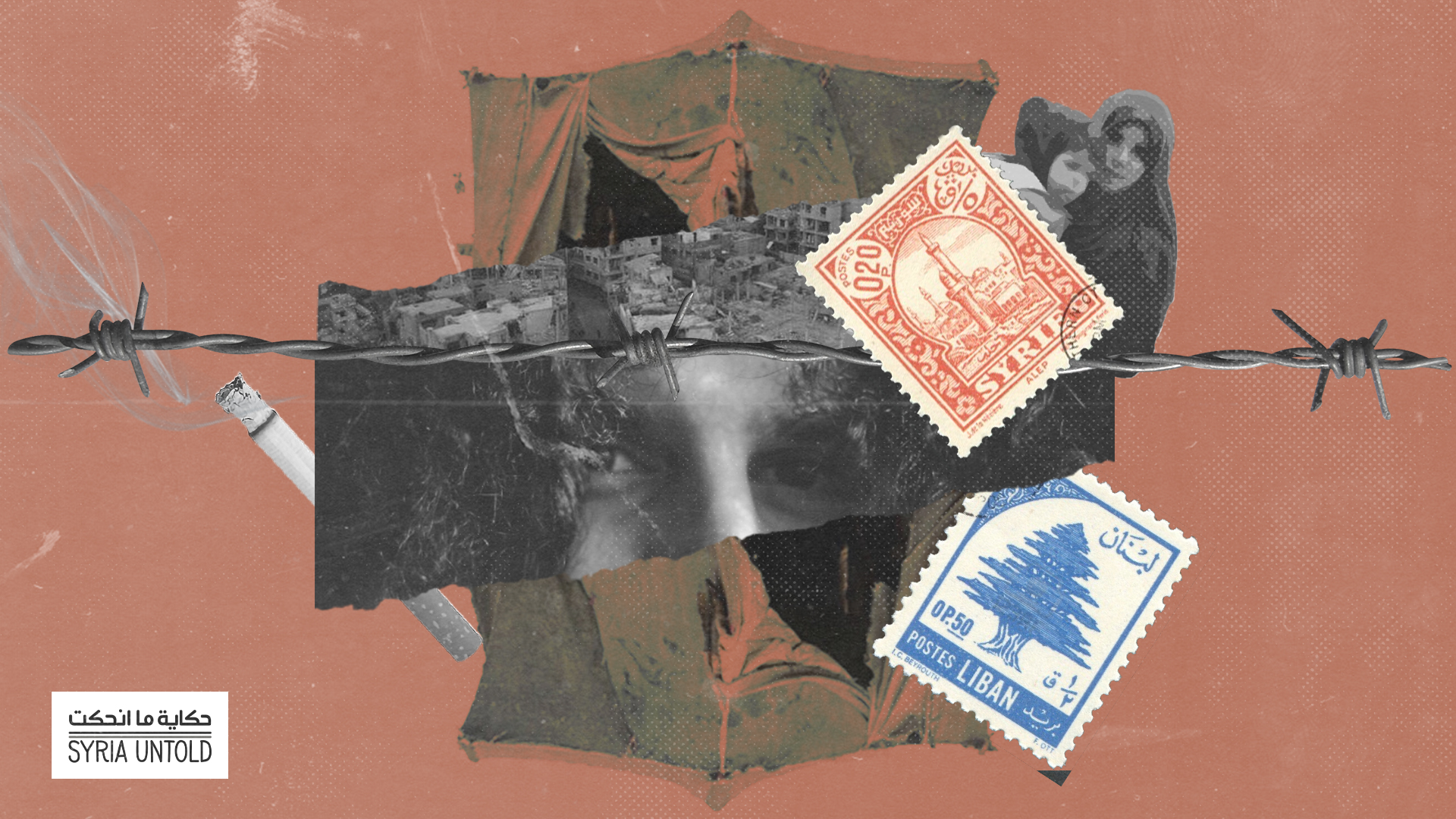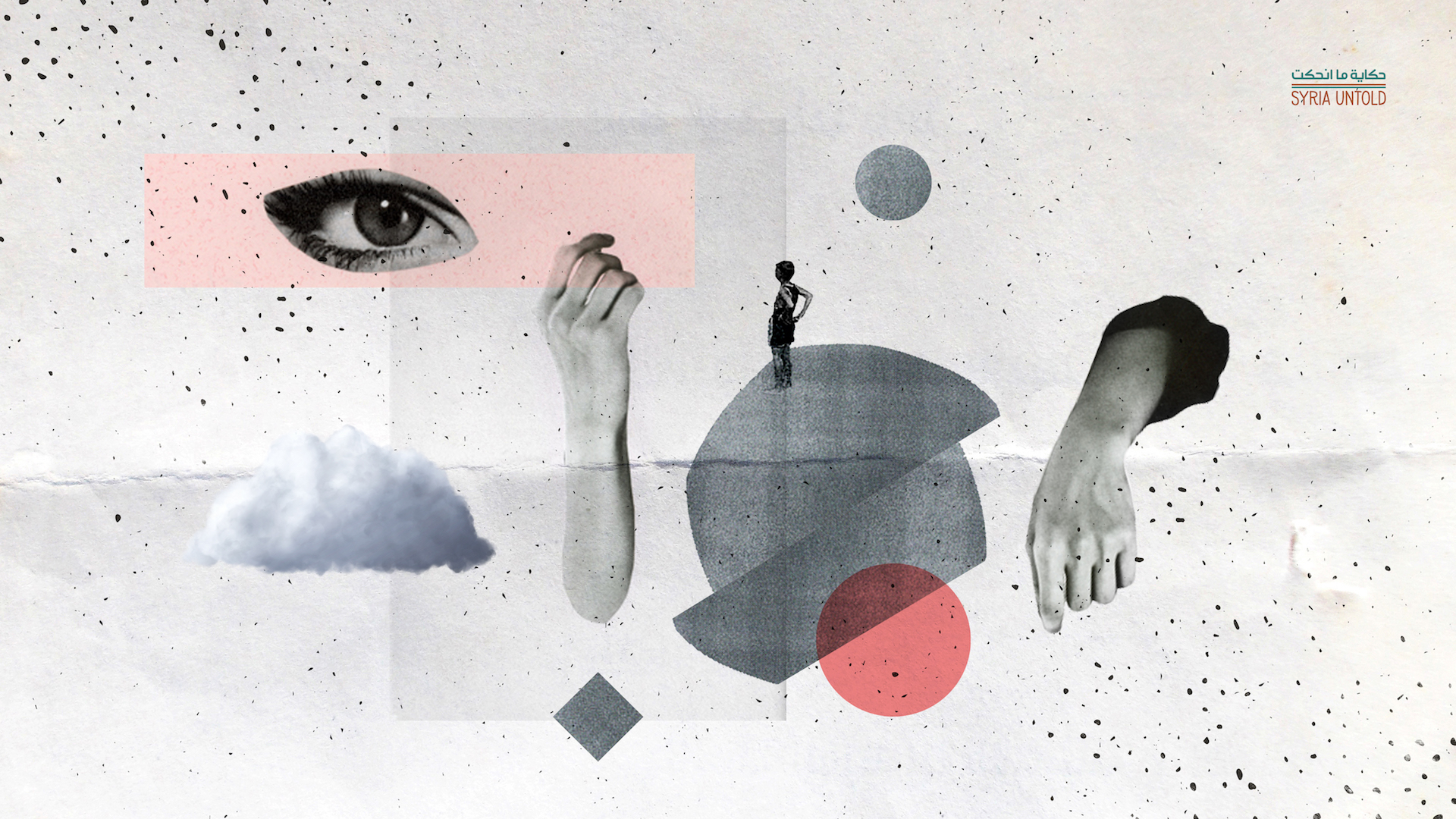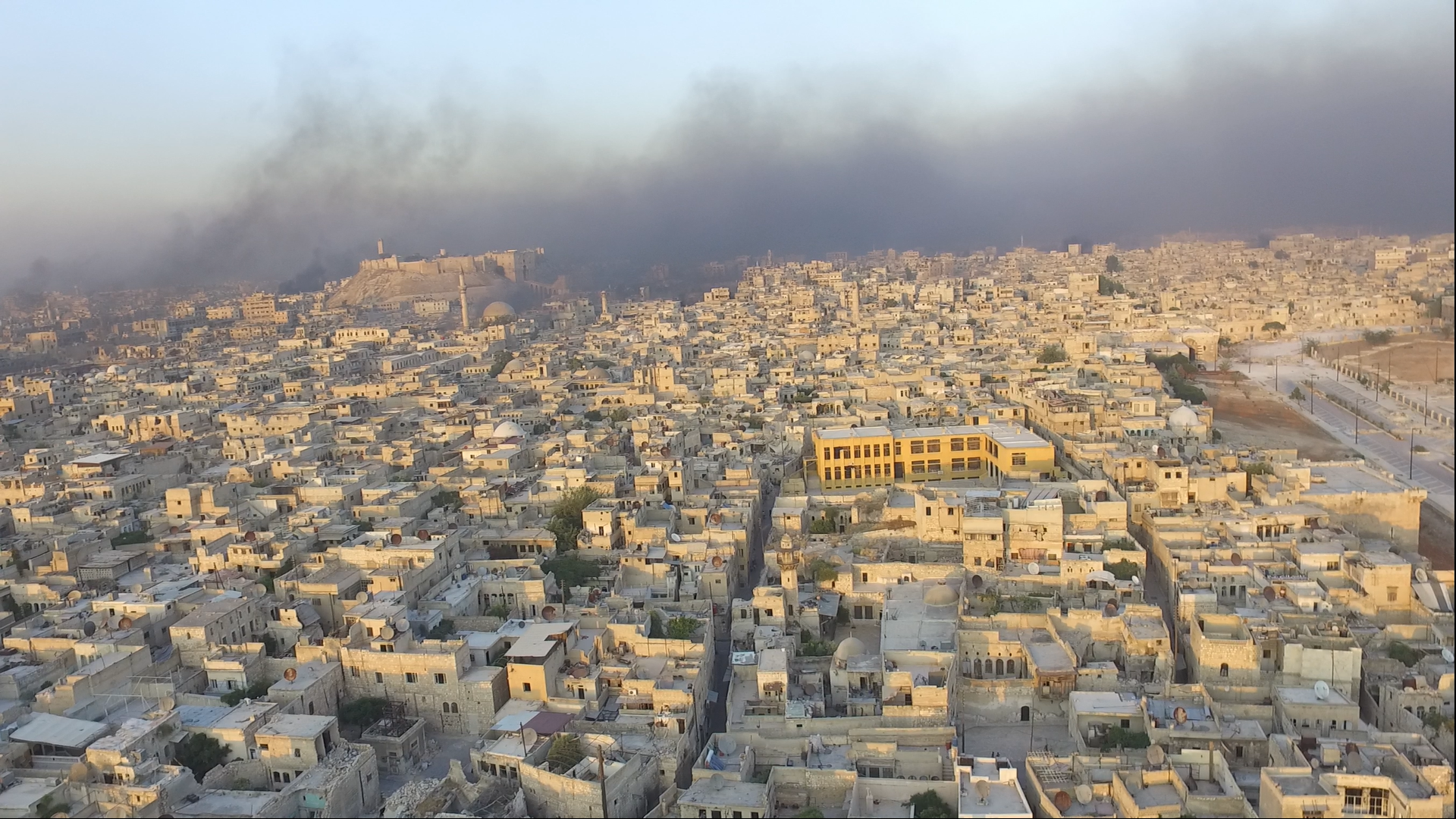Sudden monsters (The New York Review of Books)
“‘Maybe fear is the only emotion with which the soul wrestles constantly,’ Dima Wannous writes in her second novel, The Frightened Ones, the first to be published in English. ‘It is dazzlingly innovative and multifarious, reinventing itself at every turn.’ Suleima, a contemporary Syrian woman of about forty, is contemplating why her boyfriend, Naseem, has chosen to use a pseudonym for his books. His decision, she realizes, points to the sharpest fear of all, and one she shares: the fear of fear itself. It is ‘the deep current beneath my life,’ Suleima reveals. ‘Fear of fear never leaves you.’” Read more
Songs of nostalgia in New York City’s long-lost ‘Little Syria’
05 March 2021
Mourning Hassan Abbas
10 March 2021
‘What is this place?’ Syrians recall life and death in prison (Al Jazeera)
“Like any old friends separated by distance and the COVID-19 pandemic, Amthal Alnwawy, Abdulhakim Almassri, and Mahmoud greeted each other across a computer screen, chatting about their jobs, their children, and the current whereabouts of people they used to know.
The trio last met in person five years earlier in Jordan, where they shared a leisurely lunch.
Before that meeting, the last — and only — place they had seen each other was in a prison cell in the notorious Branch 215 detention centre in Damascus.” Read more
Syrian president, wife test positive for coronavirus (Associated Press)
“Syrian President Bashar Assad and his wife have tested positive for the coronavirus, the president’s office said Monday, with both having only mild symptoms of the illness.
In a statement, Assad’s office said the first couple did PCR tests after they experienced minor symptoms consistent with the COVID-19 illness. It said Assad, 55, and his wife Asma, who is 10 years younger and announced her recovery from breast cancer in 2019, will continue to work from home where they will isolate between two to three weeks.” Read more
Activists in race to save digital trace of Syria war (AFP)
“The Google-owned YouTube platform has deleted hundreds of thousands of videos uploaded by Syrian activists since it introduced automated software in 2017 to detect and delete objectionable content, including violent or graphic videos.
It is not the only social media giant relying on artificial intelligence takedowns, but the platform is home to the majority of Syria war footage, making it an even bigger blow.” Read more
From Aleppo to Beirut, cities burning
26 February 2021
Mending what has been broken
12 February 2021
Banker, princess, warlord: the many lives of Asma Assad (The Economist)
“Last summer a photograph of Syria’s First Lady circulated on social media. At the time, government troops in north-west Syria were battering the last pockets of rebel resistance to the regime. The picture showed Asma Assad, her husband Bashar al-Assad and their three children standing on a wind-swept hilltop, flanked by soldiers in camouflage. Bashar, dressed in an anorak, trainers and an untucked polo shirt, looks more suited to corralling the kids for a Sunday walk than torturing dissidents. Asma stands more stiffly, arms by her sides, wearing white jeans, trainers and the kind of aviator sunglasses beloved of Middle Eastern strongmen. She is at the centre of the photo; Bashar, president of Syria, hangs awkwardly at her shoulder.” Read more
For Syrians, a decade of displacement with no end in sight (Associated Press)
“Mohammed Zakaria has lived in a plastic tent in eastern Lebanon’s Bekaa Valley for almost as long as war has raged in his native Syria.
He and his family fled bombings in 2012, thinking it would be a short, temporary stay. His hometown of Homs was under siege, and subject to a ferocious Syrian military campaign. He didn’t even bring his ID with him.
Almost 10 years later, the family still hasn’t gone back. The 53-year-old Zakaria is among millions of Syrians unlikely to return in the foreseeable future, even as they face deteriorating living conditions abroad.” Read more
Obay Alsharani: the Syrian refugee keeping his mind free with ambient music (The Guardian)
“The 30-year-old Syrian producer Obay Alsharani’s debut album, Sandbox, is stunning. Its textural layers and floating fragments of melody easily match Burial or Boards of Canada’s abilities to deliver devastating emotion with a dreamy lightness of touch. But where many talk about ambient music and virtual worlds as providing sanctuary and succour, for Alsharani, the reality of that is deadly serious. Sandbox was conceived and written while trapped in limbo in a refugee centre, north of the Arctic circle and around 2,000 miles from home, struggling to come to terms with the terrors that had brought him there.” Read more


